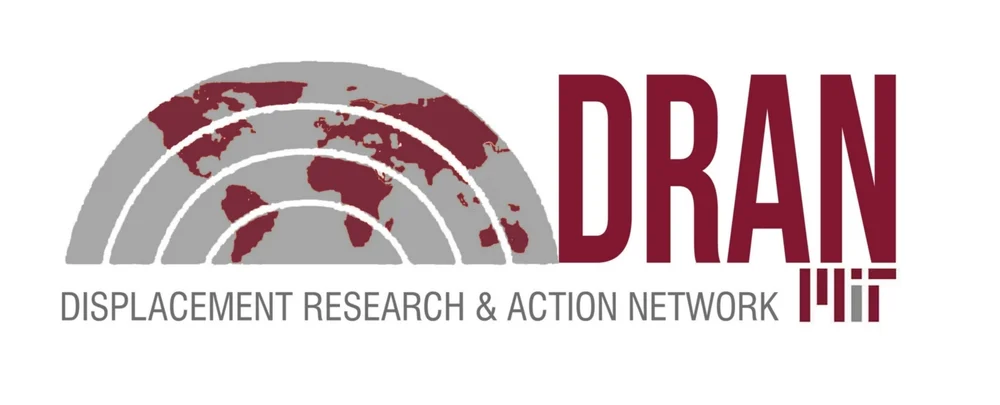An Interview with John Mwebe: International Accountability Project
April 24th, 2015
This interview is fourth in a four-part series on the anti-displacement work being carried out by participants in the Displacement Research Action Network’s November 2014 conference, Global Convergences: Strategies Against Evictions and Displacement.
John Mwebe serves as a Policy Coordinator/Atlas Corps Fellow at the International Accountability Project in Washington, DC. The International Accountability Project is a human rights advocacy organization that seeks to end forced eviction and create new global policy and practice for development that respects people’s homes, environment and human rights.
DRAN: What are the biggest challenges and obstacles you are facing in your work on displacement?
John Mwebe (JM): Much of the displacement that we encounter in our work is around investments by multilateral development banks. Implementation of their projects is supposed to adhere to social and environmental safeguards, but many actually don’t.
The national governments, mostly the poor ones, have an obligation to make sure that people’s rights are upheld as the projects are implemented. But many feel that all that matters is what they get out of the investments. These are mostly individuals within government.
We find that investments go on without people being duly compensated for their land. If it involves involuntary resettlement, where you need to get people an alternative place and livelihood, they don’t consider it. All they ask is “How much can I give you to get you off the land?” not considering where people will go next, their livelihoods, or social ties.
There are two problems in this case. First, there are the selfish interests of individuals within the government who are mostly the borrowers. Second, communities have limited knowledge of their rights. If they knew their rights they would demand an alternative piece of land, restoration of their livelihoods, or facilities and social services. The challenge goes both ways.
At [Global Convergences] I heard an interesting statement: “Systems are not broken. They are functioning just the way they are made to function.” When governments treat people this way, they are doing it on purpose to attain their ends and make money. It’s not that they don’t know that provisions for compensation and resettlement exist. They know, but they are always looking for ways to fleece the people so they can get the most out of these investments. So the problems are the community’s ignorance of their rights, the government’s greed, and the extractive activities of development banks looking to grow their portfolios.
So now, the World Bank is putting more responsibility on the borrower governments to use their own laws and policies, which are rarely implemented. The bank has strong safeguards, but is now relaxing them to stay is competition with other Banks like the BRICS and China Development Bank. This directly affects displaced people.
DRAN: What role can international partnerships play in this problem?
JM: The niche for international partnerships is at the international level. They need to put pressure on the development banks. If the banks won’t listen, who are the other players you can get to? The national governments that have a say in development banks, like the US and Germany. How do you convince them to think more about human rights? At the international level, you go to those capitals, and talk to Executive Directors.
When you come down to local contexts and national governments, local leaders should represent the community’s interests instead.
One of the problems we have is an expert syndrome. Experts fly in and make recommendations for areas whose local context they don’t understand. As a person working at the community, national, and international levels I think about the right voice. If someone in the community talks, you don’t need to paraphrase it, you take what they say because that’s what matters to them. There is a lot of paraphrasing at the international level, and information is lost along the way. So resulting solutions to rights violations don’t necessarily meet the needs of people at the community level.
